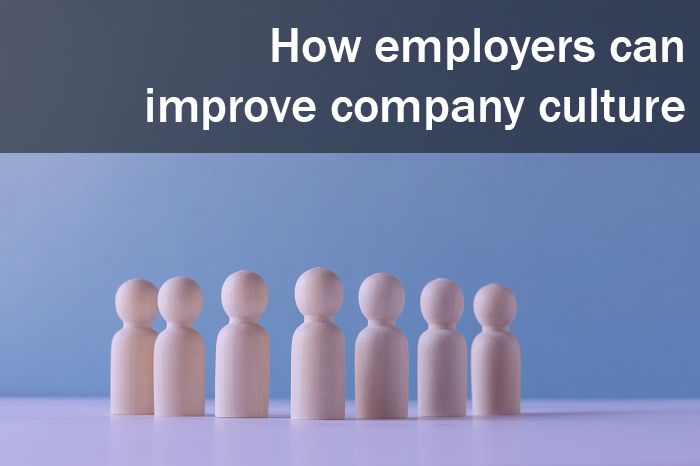In the past year, the world has become seemingly fraught with uncertainty: a worldwide health crisis, an unprecedented reckoning on racial justice, natural disasters. In times of such anxiety, employees want to turn to a trusted source: their employer.
However, without a culture of inclusion that is built on trust, that relationship will be fractured–and that’s the case in many organizations today, said Teresa Smith, senior partner of the HCM Advisory Group at UKG, during an opening day session of Spring HR Tech. (The free, virtual conference will continue through Friday–click HERE to register.)
Smith cited recent Gallup Institute research that 87% of employees worldwide are not actively engaged in their work–driving up absenteeism, accidents and errors and costing employers big. These issues are all compounded by the blurring of lines between work and life by the pandemic; when employers don’t effectively help employees navigate those boundaries, trust plummets, Smith noted.
Specifically, about one-third of employees surveyed don’t trust their employer to set equal standards for pay and promotions, to create a diverse and inclusive work environment or to follow labor laws without exception. More than one-quarter of those surveyed don’t trust their employer to create a safe work environment.
Click here to sign up for HRE‘s daily newsletters.
“It’s more important than ever that organizations are doing everything in their power to ensure their people can trust that the organization has their best interests in mind,” Smith said. “The responsibility and opportunity is ours to seize.”
Smith and co-presenter Erika Sandoval, HCM strategic advisor at UKG, offered six questions employers should ask themselves as they seek to evaluate their own culture for opportunities to bolster inclusion and strengthen trust with employees:
- Why is it important to put people first?
- How do we align with our region’s population demographics?
- Are hiring, pay and promotion practices aligned with our stated ethics?
- Are we leveraging AI in a way that fits with our goals and ethics?
- Is the company actively addressing challenges that vulnerable citizens experience?
- Are we encouraging and enabling our employees to be active in their communities?
See also: Spring HR Tech–Learn from those ‘shaping the next generation’ of tech
Building a foundation of trust, Smith added, needs to be a strategic and measured process–particularly as employers make significant decisions in the coming months about where and how employees will work in a post-pandemic world. Employers can even think of such efforts with this acronymous framework:
Transparency: Honest, truthful communication–both to and from employers and employees–is at the heart of a culture built on trust, Smith said. While employers need to trust that their employees are engaged in their work, employers have to demonstrate they’re taking employee concerns and ideas into consideration when making decisions.
Relationships: “It’s all about getting to know and understand your employees,” Smith said. “Making a connection with your employees to learn what’s important to them can help leaders identify where they may be having roadblocks along the way.” Key here, she added, is that managers are properly trained to make these connections with their reports.
Understanding: As pandemic-driven uncertainty continues, employers need to actively uncover the stressors their employees are facing: What are the challenges in their home lives? What boundaries between work and life are being crossed?
Security: Both emotional and physical safety are top of mind for employees and employers today, Smith said. “The amount of stress our employees are dealing with today is probably higher than it’s ever been,” she said, “and I think it’s critical right now to make belonging, mental health and wellbeing a key priority as part of that security for our employees.”
Trusting: Employees who recognize their employer trusts them to do the right thing are more likely to thrive, Smith said. “It’s important that leaders of all kinds are giving trust freely to people and empowering them to do the work they were hired to do,” she said.
While HR leaders are challenged to strengthen this foundation of trust and build upon it, this does present a unique opportunity, Smith noted.
“This is a time where HR has the potential to be really excited about everything going with their employees and everything should be on the table,” she said. “And trust should be the foundation for that.”
Related: Read more Spring HR Tech coverage here.




